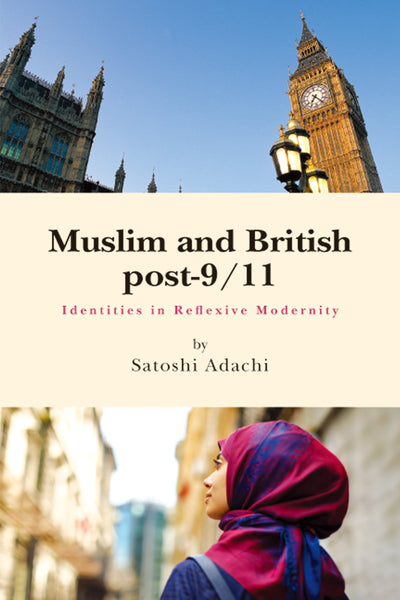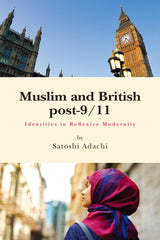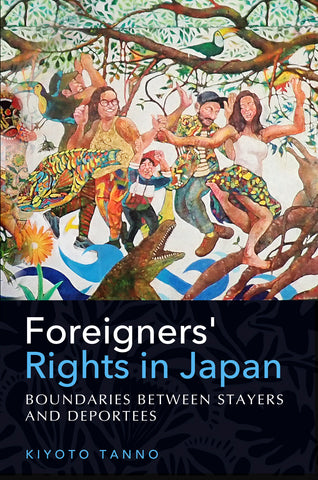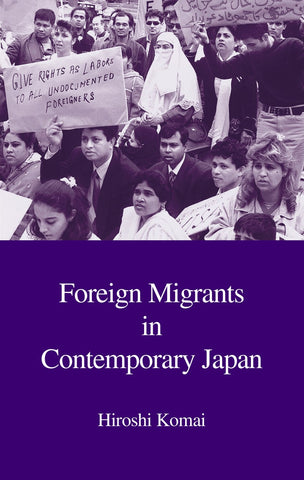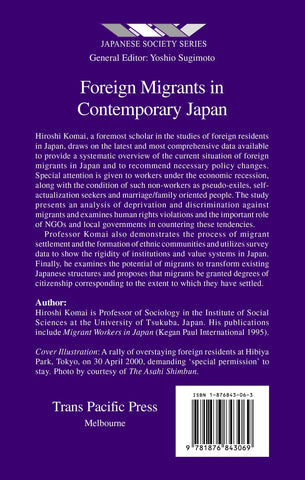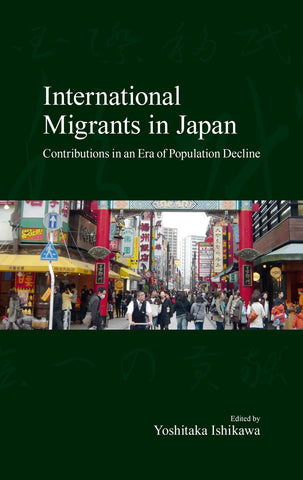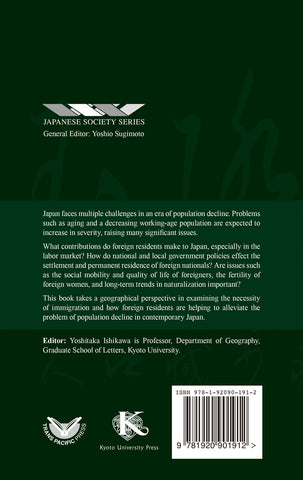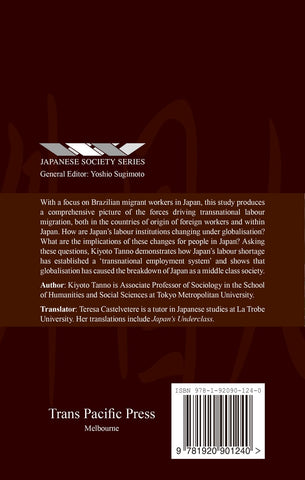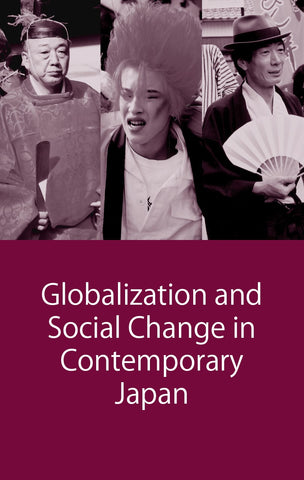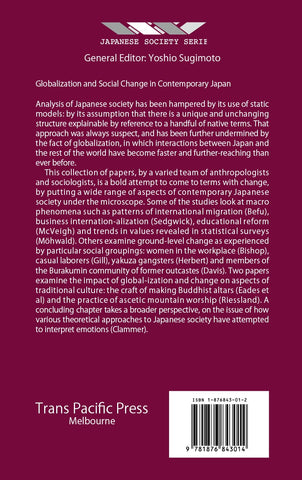Muslim and British post-9/11
Many In Stock
How do second-generation immigrant Muslims, born and raised in the UK, perceive themselves and present their identities in the post-9/11 social environment, where Islamophobia is pervasive?
Muslim and British post-9/11 addresses this question through research in Muslim communities in East London and Coventry.
Second-generation Muslims in Britain must struggle with negative discourses against Muslims and construct identities in response. In the process, using various self-presentation strategies based on religious knowledge, they demonstrate the model identity of ‘British Muslim’ – being civic by being religious – that multiculturalism can espouse.
The author advocates that the identity and social integration of young Muslims in British society today can be better understood through the frame of reflexive modernization theory. From this perspective, he discusses diverse themes, including multiculturalism, women and agency, closed and open identities, information technology, the individualization of faith, and the semantics of the hijab to describe Islam as an ‘everyday lived religion’.
About Editors and Authors
Satoshi Adachi, PhD, is a Professor of Sociology at Kwansei Gakuin University, Japan. He works widely in the areas of sociological theory, political philosophy, immigrants and ethnic minorities, and gender and religion. The Japanese version of this book won the JSS Prize from the Japan Sociological Society in 2021.
Table of contents
Preface to the English Edition
Acknowledgements
Introduction
Part I Background and Theoretical Framework
1 Muslims in the UK: Double Consciousness, Women and Multiculturalism
2 British Muslims: Formation, Politics and Condition
3 Previous Studies and Theoretical Frames
4 Research Outline
Part II Analysis and Findings
5 Discrimination, Media and Representation
6 Britishness and Britain as ‘Multicultural Space’
7 Differentiating between Culture and Religion
Show More >
Preface to the English Edition
Acknowledgements
Introduction
Part I Background and Theoretical Framework
1 Muslims in the UK: Double Consciousness, Women and Multiculturalism
2 British Muslims: Formation, Politics and Condition
3 Previous Studies and Theoretical Frames
4 Research Outline
Part II Analysis and Findings
5 Discrimination, Media and Representation
6 Britishness and Britain as ‘Multicultural Space’
7 Differentiating between Culture and Religion
8 Islamic Knowledge and the Internet: The Function of Ijtihad
9 Women and Education
10 The Hijab
Conclusion: Towards a New Understanding of Islam
Appendix A. Attributes of Informants (Female)
Appendix B. Attributes of Informants (Male)
Bibliography
< Show Less
